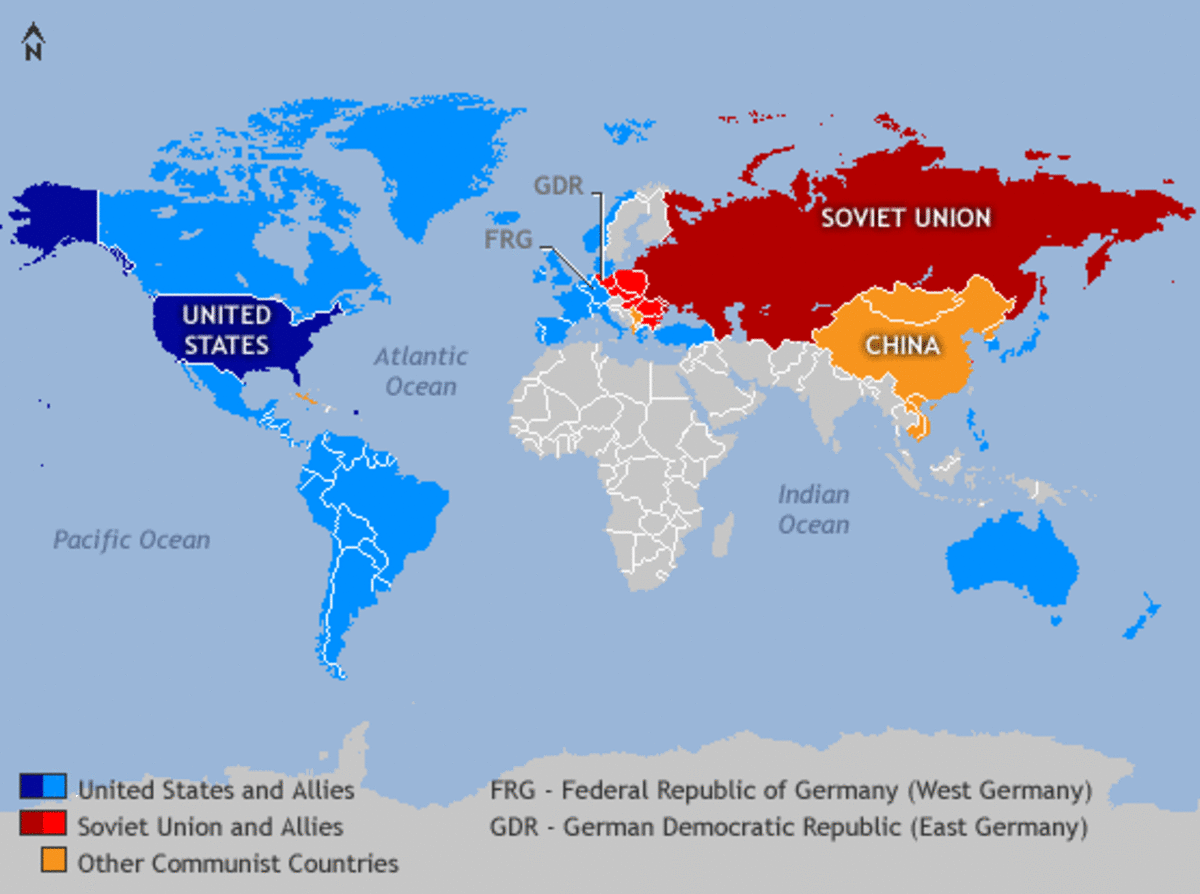THE COMING ATTACK ON THE FREEDOM OF THE PRESS
Can those in the public eye really sue and collect?
What happens when a person who holds public office has a beef against the news media that goes beyond the simple misquote or a name spelled wrong? Can anyone famous really have a go at the Fourth Estate in our legal system nowadays?
I was intrigued about a recent libel suit just filed against the Raleigh, North Carolina, News and Observer by a former Durham district attorney. In the lawsuit, the ex-public official claims the newspaper not only libeled her, but also caused her emotional trauma, physical harm, and loss of reputation.
As a new transplant to the Tarheel State, I was shocked to hear that a former public official, and now--certainly--a public figure, would dare take on the press in this manner.
Without debating the merits or demerits of this particular case, the entire subject of defamation concerning public office holders probably deserves a second look, and may get one if the country takes a rightward turn after the November elections. Obviously, very few politicians really like or even respect the press. They tolerate the media, and use reporters for their own ends until some journalist gets too close. Seldom, however, will an office-holder actually file a libel suit. It's just too laborious and expensive an undertaking. Besides, the legal precedents are mostly all against them.
But that won't stop polititicans from trying to put the vice-grip on news gatherers from time to time. In Arkansas, Bill Clinton was famous for courting reporters, and this was long before he ran for president. He appeared to love news people--until they asked too many tough questions. Once, when confronted with speeding in his state vehicle right after he had signed a proclamation for safe driving, Clinton's later-to-be famous temper flared. The governor turned red and started yelling about reporters and their parentage.
No matter the anger or the subject that lit the fuse the first place, Clinton seldom formally complained about a story and never, to my knowledge, ever threatened to sue.
Quite a contrast to one of his successors, Mike Huckabee. The future presidential candidate, and current Fox News host, would dangle threats to sue like pellets of dew in the Delta spring time. A newspaper article about his wife's conduct outside a country music concert brought a letter from the governor's personal lawyer, as did a TV report about Huckabee's penchant for using a state office cubicle in the capitol building to store future campaign materials. The Huck, as governor, thought nothing of threatening libel suits, whether defamation was really involved or not, and he did so whenever something published or broadcast particularly irritated him.
What Huckabee, Clinton, and a whole host of politicians seem to fail to realize is that various U. S. supreme court decisions rendered nearly 50 years ago have turned a deaf ear to the cries of complaints from public office holders, or even public figures, when it comes to allegations of defamation. The famous, or infamous (depending on your point of view) Warren Court of the sixties ruled that persons entrusted with the public good had to prove malice, or a reckless disregard for the truth, in order to make the press accountable for any report that perhaps unfairly questioned an official's character. And the definition of malice usually means running a story that the media outlet knows is false before publication. Talk about the burden of proof: How many politicians can prove what was really in a reporter's mind or heart? Or to put it in Watergate-era language, what did a reporter know and when did he know it?
Of course, anyone with a lawyer and a deep pocketbook can sue, even if legal precedents are against him, but all that does is force a journalist to defend himself if only for a little while. The end result of any lawsuit, whether eventually successful or not, is likely to be a "chilling effect," where good journalists and their bosses decide to pass on tough, thorough reporting for fear of spending hundreds of thousands of dollars in legal fees.
The supreme court's 1960's decisions were meant to further a robust atmosphere of wide-open debate with the full protection of the First Amendment, without fear of having to defend every demonstrable journalistic mistake before a judge and jury.
The Warren Court is long gone. What stands now is something a little more conservative. So no matter what happens in what may become a long and protracted legal battle between a former public servant and the North Carolina newspaper, the ramifications for press freedom will likely reverberate far beyond the borders of my new home state.
WHAT SUPREME COURT DECISIONS MADE IT TOUGHER FOR PUBLIC OFFICIALS AND PUBLIC FIGURES TO SUE FOR LIBEL?
a. New York Times V Sullivan
b. Marbury V Madison
c. AP V Walker
d. Bush V Gore






